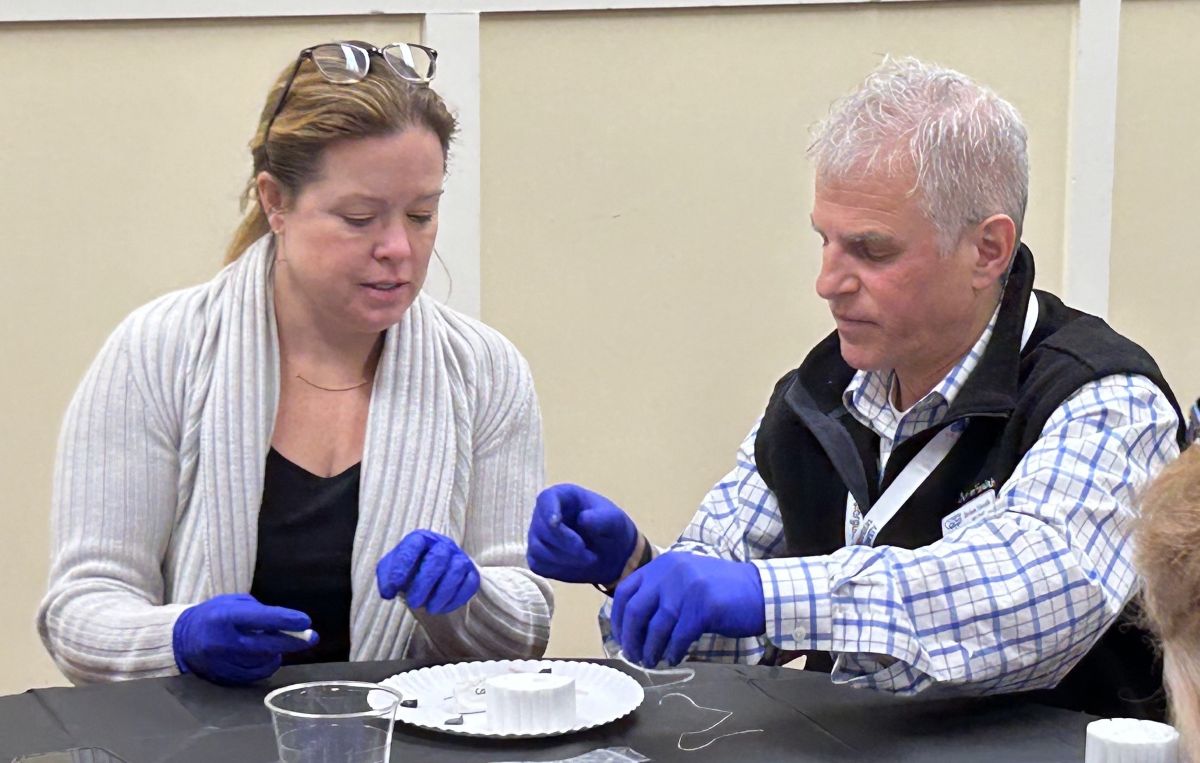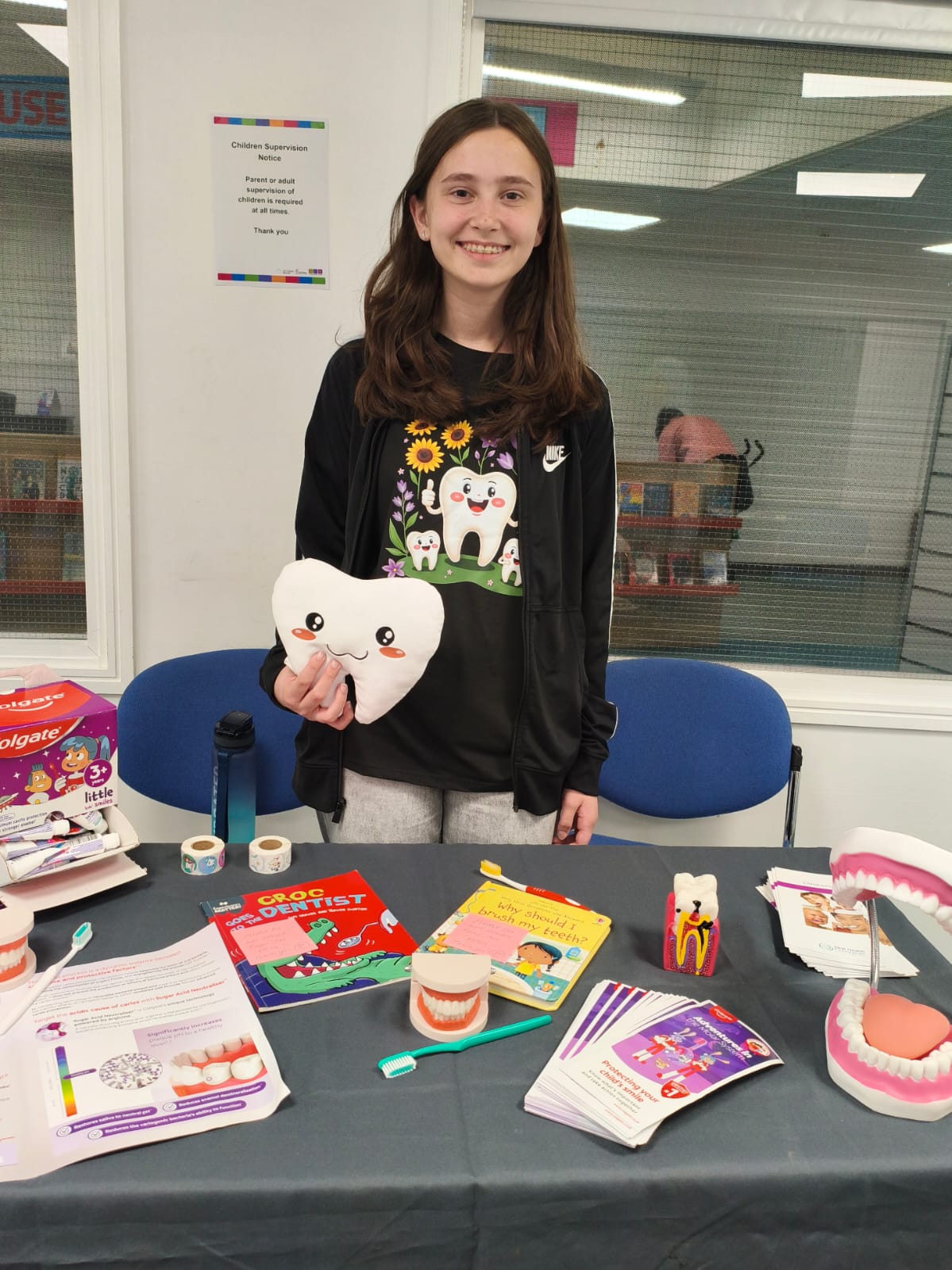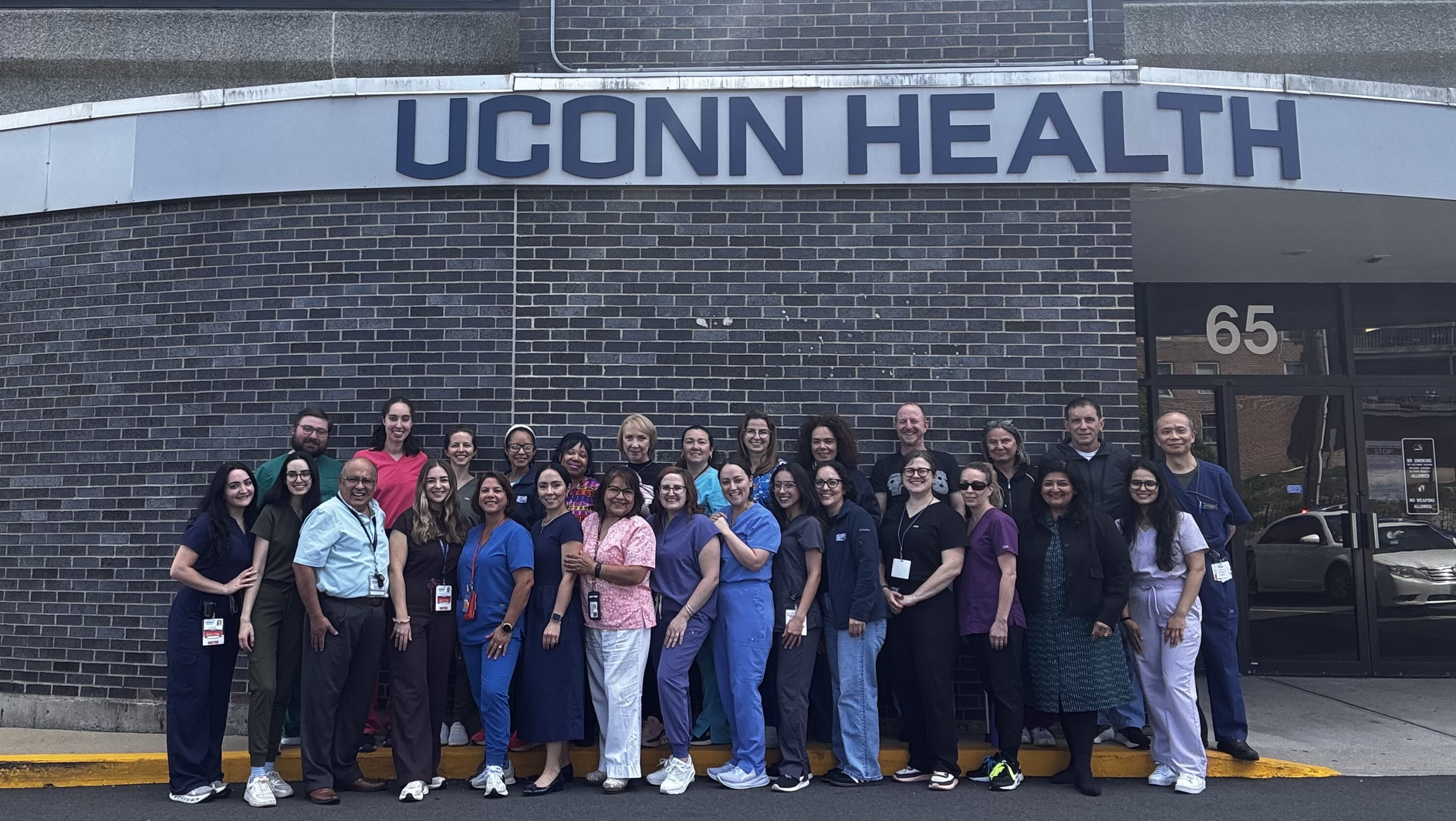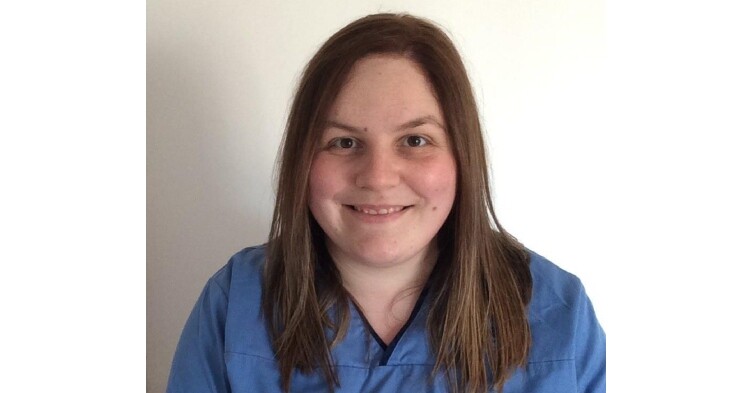As the Breastfeeding Network (BfN) prepares to host its annual conference, Natalie Christie outlines the support and information offered to mothers, nurses and other healthcare professionals to support breastfeeding.
Providing care for a mother who is breastfeeding may often seem the remit of midwives and health visitors. Those working in the other areas of nursing practice may not encounter breastfeeding or related queries quite so often in their day-to-day work, but knowing where and how to access high quality, evidence-based and unbiased information is vital to the success of the breastfeeding journey and how the mother feels about it.
It is estimated that around 80% of women in the UK stop breastfeeding before they want or intend to, and the UK has some of the lowest breastfeeding rates in the world (UNICEF UK).
This can have significant impact on the physical and mental health of that mum and baby, as well as much wider public health ramifications.
Being able to offer support options to women and families in your care can help to change this.
Related Article: Older people’s care: ‘Keeping people where they want to be – at home’
For example, imagine a scenario of a new mother attending a general practice clinic who is facing an upcoming hospital stay which you start to discuss. She explains that she is currently exclusively breastfeeding her 4-month-old son. She is incredibly worried about being away from him and has several questions about this. How might the hospital stay affect her milk supply? Will she have to express milk and how does she do that?
You could perhaps help her to find a pump, and advise her how to store the milk while she is an inpatient. What about the medications she may receive while in hospital? Will they be compatible with breastfeeding? Where will you find that information to pass on?
The good news is that Information and support are readily available. The Breastfeeding Network (BfN) is a UK based charity who aim to support families meet their breastfeeding goals through a variety of activities.
We provide evidence based, unbiased and non-judgemental information and support (including milk storage, if breastfeeding hurts, inflammation and mastitis information) to anyone with an interest in breastfeeding or providing breastmilk. This very much includes healthcare professionals supporting breastfeeding mothers and breastfed infants.
Nurses working in general practice are encouraged to share details of The National Breastfeeding Helpline, or to access the resource themselves.
The Breastfeeding Network partners with The Association of Breastfeeding Mothers to operate The National Breastfeeding Helpline, the 24-hour telephone and social media chat, available every day of the year, with funding from DHSC and the Scottish Government.
Calls and messages are answered by highly trained peer supporters who can offer clear and trustworthy information, emotional support and onward signposting. We often find that callers are looking for reassurance around what is normal or guidance on how best to manage things such as engorgement.
By being there 24/7, we can help to ease pressures on already stretched healthcare services.
Related Article: Financial challenges ‘are growing’ for nurses, says charity
We also receive calls from health visitors, nurses and GPs, helping them to provide truly person centred, holistic care to their patients.
When you are working with breastfeeding mothers, other helpful contacts include:
- The National Breastfeeding Helpline (NBH) telephone number 0300 100 0212 and social media links, available 24/7
- The Drugs in Breastmilk service (DiBM) — run by volunteer pharmacists with in-depth knowledge and experience of drug compatibility with breastfeeding available on Facebook or by email at [email protected]
- The Drugs in Breastmilk factsheets for common drugs and ailments including antibiotics, anaesthetics and analgesics
- A network of local breastfeeding support groups, such as those listed on our searchable map.
Families often contact us in difficult, emotionally charged and worrying times. We know from feedback from service users how much they value the support available to them. They tell us this is important to them by:
- Getting support from an independent, trained person with personal experience of infant feeding
- Being able to access support when healthcare services are closed or unavailable
- Feeling validated and listened to
- Receiving unbiased information, free from opinion or guesswork.
All of which support the NMC Code and nursing principles.
To find out more:
Related Article: Measles cases slow, but uptake remains too low to avoid outbreak risk
- Visit our website or contact us by email at [email protected]
- Order free resources including posters, leaflets, stickers and business cards at our shop
- Download free resources including posters, flyers and a digiscreen file ideal for waiting rooms
- Check out our training aimed at healthcare professionals including our Open College Network-accredited ‘Supporting Infant Feeding in Your Practice’.
However breastfeeding mums and breastfed infants and children present in your day-to-day work, there are resources and support available to you and your patients.
Natalie Christie is BfN Helpline Supporter for NBH@Night, helpline volunteer coordinator (Scotland) and Registered Midwife (NHS Scotland). The BfN annual conference will be held online on 4 October.
link







More Stories
KPJ Healthcare Reinforces Commitment To Maternal And Child Health Via MADANI BFHI Tour
Healthcare teamwork promotes successful breastfeeding
Experiences of healthcare professionals in a breastfeeding training program | International Breastfeeding Journal